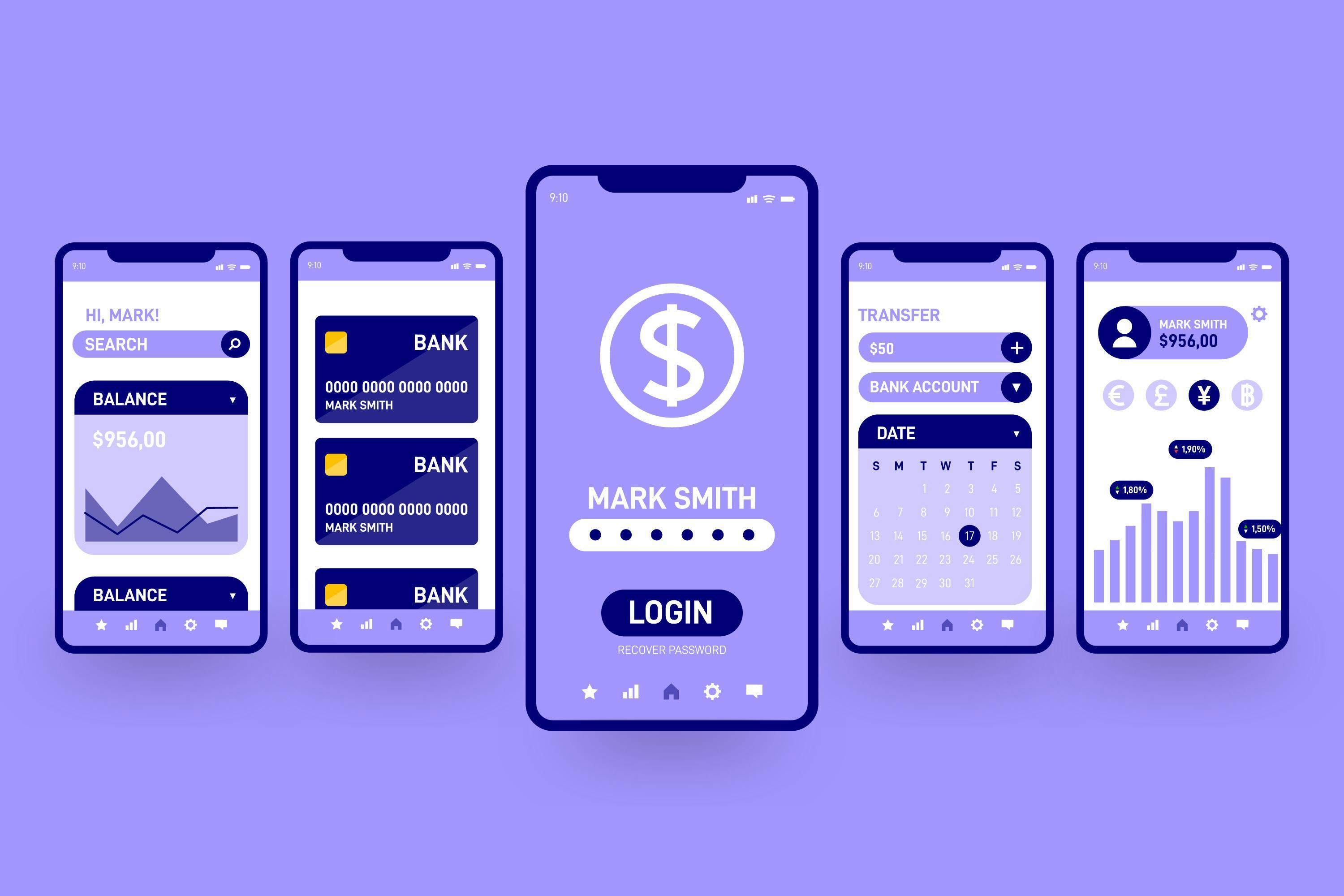How the Choice of Technology Stack Affects App Development Costs
When planning your mobile or web application, one of the most crucial decisions you’ll make is choosing the right technology stack. This selection – whether you opt for a native, hybrid, or cross-platform approach – can significantly influence your app development cost and, ultimately, the success of your project. Below, we’ll discuss how each option can affect your budget and what you should bear in mind before getting started.

1. Native Development: Performance at a Premium
Native development involves creating separate apps for iOS and Android using each platform’s specific languages (e.g., Swift/Objective-C for iOS and Kotlin/Java for Android).
High-Performance Advantage
Native apps typically provide unmatched performance and fluid user experiences because they’re built to align perfectly with each platform. If your app needs advanced features (like AR, complex animations, or high-volume real-time data), native technology stacks usually excel here.
Greater Long-Term Investment
However, you may need two development teams, two codebases, and two sets of maintenance efforts. This factor alone often increases your app development cost. Consider whether the added performance is essential for your audience or if it might be more than you truly need.
2. Hybrid Development: Quick and Cost-Efficient
Hybrid development means building your app with web technologies (HTML, CSS, JavaScript), then wrapping it in a native “shell” to run on multiple platforms. Frameworks such as Ionic or Cordova can facilitate this approach.
Single Codebase, Multiple Platforms
Because you’re reusing much of the same code for both iOS and Android, hybrid apps can reduce development time and costs. This approach is especially attractive for simpler or content-focused applications.
Potential Performance Trade-Offs
Hybrid apps run within a simplified browser or “web view,” which can sometimes result in slower response times or less polished user interfaces compared to native apps. If your project doesn’t revolve around heavy media processing or advanced device features, hybrid can strike a decent balance between cost and functionality.
3. Cross-Platform Development: Bridging the Gap
Cross-platform frameworks such as React Native and Flutter offer a middle ground. Here, a single codebase compiles into native components for both iOS and Android.
Near-Native Experience
Users often find cross-platform apps nearly as smooth as native ones, making this option a strong contender if you need broad reach without fully duplicating development efforts.
Manageable Costs
While cross-platform development still involves learning the nuances of each framework, you’ll usually spend less than if you built two separate native apps. This approach typically offers a good compromise between cost-effectiveness and quality.
4. Factors that Influence Overall Costs
Regardless of your chosen tech stack, a few key factors can drive costs up or down:
App Complexity: More intricate features, such as advanced security protocols or immersive user interfaces, will likely necessitate more time and resources.
Integration Requirements: Connecting your app to third-party services, databases, or APIs can add complexity and thus increase development hours.
Future Scalability: Building in flexibility for future updates can be smart, but it may require a larger initial investment.
Maintenance: Once your app is live, you’ll still need updates, bug fixes, and occasional redesigns. Budgeting for ongoing support is essential no matter which technology stack you choose.

Ready to Optimise Your App Development Cost?
Your choice of technology stack can massively influence both your app development cost and your project’s success. At Mighty Labs, we help you navigate these decisions to find the optimal solution for your goals, budget, and timeline.
Ready to transform your idea into a successful, cost-effective app?
Get in touch with Mighty Labs to discuss your project requirements, and let’s build something remarkable together.
Ready to have a conversation?
Book a call with us